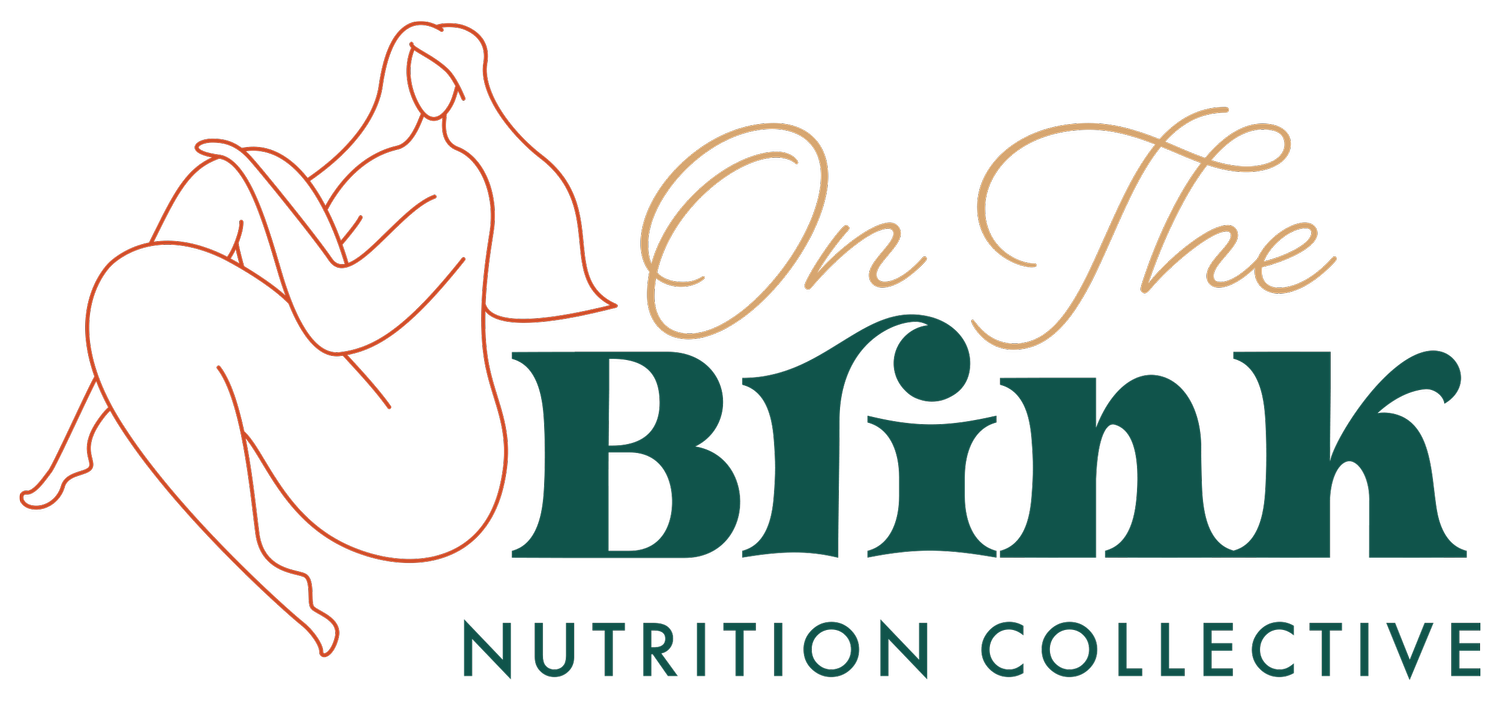Cutting Through the Noise: Recognizing and Avoiding Diet Myths
Overwhelmed by conflicting diet advice? Discover how to cut through the noise and identify nutrition misinformation. Learn practical tips for spotting diet myths, decoding social media nutrition advice, and embracing evidence-based approaches to health.
What's the Deal with Carbohydrates? Debunking Myths and Embracing Facts
Carbs often get a bad rap, but do they really deserve it? At On The Brink, we're debunking common myths about carbohydrates and explaining why they are a crucial part of a healthy diet. From understanding the difference between simple and complex carbs to exploring the pitfalls of low-carb diets, this guide will help you embrace carbs with confidence. Ready to fuel your body and mind the right way? Read on!
Nutrition Adequacy: When Enough Feels Like Too Much
Moving away from dieting and healing from an eating disorder asks you to learn what enough looks like on a plate and feels like in your body. Even if it’s the same five things at first. Even if it’s only the food they feel safe eating. This is about trust and adequacy.
4 Questions To Ask When Reaching For Snack Food.
When your reach for snack food is an invitation for self-discovery
Why Do I Eat So Fast?
Sometimes eating behaviors are so deeply automated that a person might never get from wanting-to-change to trying-to-change. This is why understanding safety and threat through the nervous system can be so deeply supportive. Helping people get the understanding can help reduce how disorganized they feel. So, even outside of the session, they are a lot better able to recognize what is going on, to name it, and to do something about it.
How Do I Know If I Can Eat A Cookie?
For anyone who started the behavior of dieting from an early age, it may feel natural (and necessary) to restrict certain foods. One of the most challenging parts of moving away from dieting is the feeling that you are being asked to navigate meal times without a safety net. This post is for you if you are looking for practices to help you find a way to re-learn how to include cookies (or other “fear” foods) back into your eating pattern.
Finding Our Way Back To Safety With Food
Learn actionable steps to answer the question: How do I find my way back to the ventral vagal state and stay there? Being able to regulate to safety is helpful in the practice of moving away from dieting and into an attuned, connected, organized eating style (aka “intuitive eating”) is that when we are in a ventral vagal state of regulation we are more likely to have an optimistic, engaged, big-picture-way of thinking about and being with food.
When Intention Does Not Bring About Action: Dinnertime Disruptors
One of the biggest disruptors to creating a weekly meal plan and following through is not lack of nutrition knowledge or a deficit in cooking skills. It may be something much bigger.
A Resolution For True Well-Being.
A new look at New Year’s Resolutions. An alternative to “lose weight”.
Seven Days Of Eating: Re-Working A Holiday Gathering
This is the year to re-write the rules of the Thanksgiving feast.




















